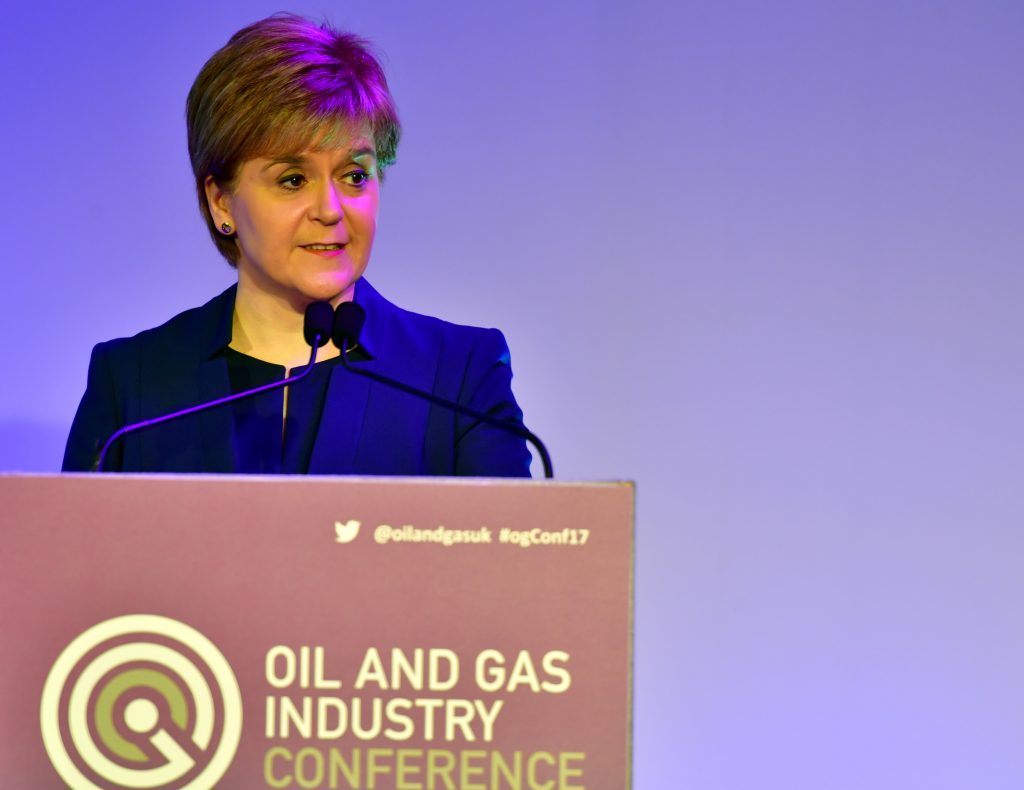
Scottish Renewables and Friends of the Earth Scotland claim that today’s announcement of a new publicly-owned investment bank opens the door for effective investment in low carbon energy solutions.
Reacting to First Minister Nicola Sturgeon’s announcement of a Scottish Investment Bank, which will look to act as a ‘cornerstone of the economy’, organisations were quick to highlight the possibility of commitment to renewable and low carbon energy investment.
The First Minister said that the bank would serve to help “realise our ambitions for Scotland’s economy, innovative companies need access to strategic, patient finance to grow and thrive”.
In response, Claire Mack, Chief Executive of Scottish Renewables, said: “Scotland leads the world in the development of devices which can capture energy from waves and tides – but these are sectors which are at a difficult stage of their development.
“We welcome comments made by today the First Minister that the new Scottish National Investment Bank will focus on delivering ‘patient long-term strategic investment’ to cater for ‘sectors that the market currently doesn’t’.
“Wave and tidal technologies offer particular characteristics that are helpful in supporting our move towards a new, less centralised energy system and, as we’ve seen in the economic cases behind our island wind projects, can offer wider benefits to smaller, more fragile economies.
“With the right investment, our wave and tidal energy sectors can continue on the path towards full commercialisation, giving Scotland a huge first-mover advantage in an energy sector with enormous global potential.”
Ric Lander, campaigner at Friends of the Earth Scotland added:“We’re encouraged that plans for the establishment of the Scottish National Investment Bank are progressing, and commend the First Minister’s strong indication that the Bank will be tasked with building the new low-carbon economy.
“The creation of a new publicly-owned Bank which invests to maximise social, environmental and ethical returns and intervenes fully in the economy to create and shape markets could be transformative in Scotland’s efforts to address climate change and inequality.
“The SNIB must quickly mobilise the resources needed for a just transition to a zero carbon economy and be closely aligned to key Government initiatives such as the promised publicly-owned energy company. Public transport and energy efficiency are ready and waiting to be developed, whilst nascent technologies such as wave power need patient, sustained investment.”
Recommended for you
